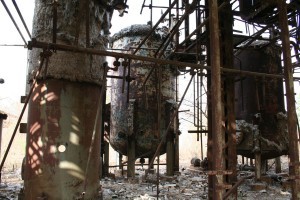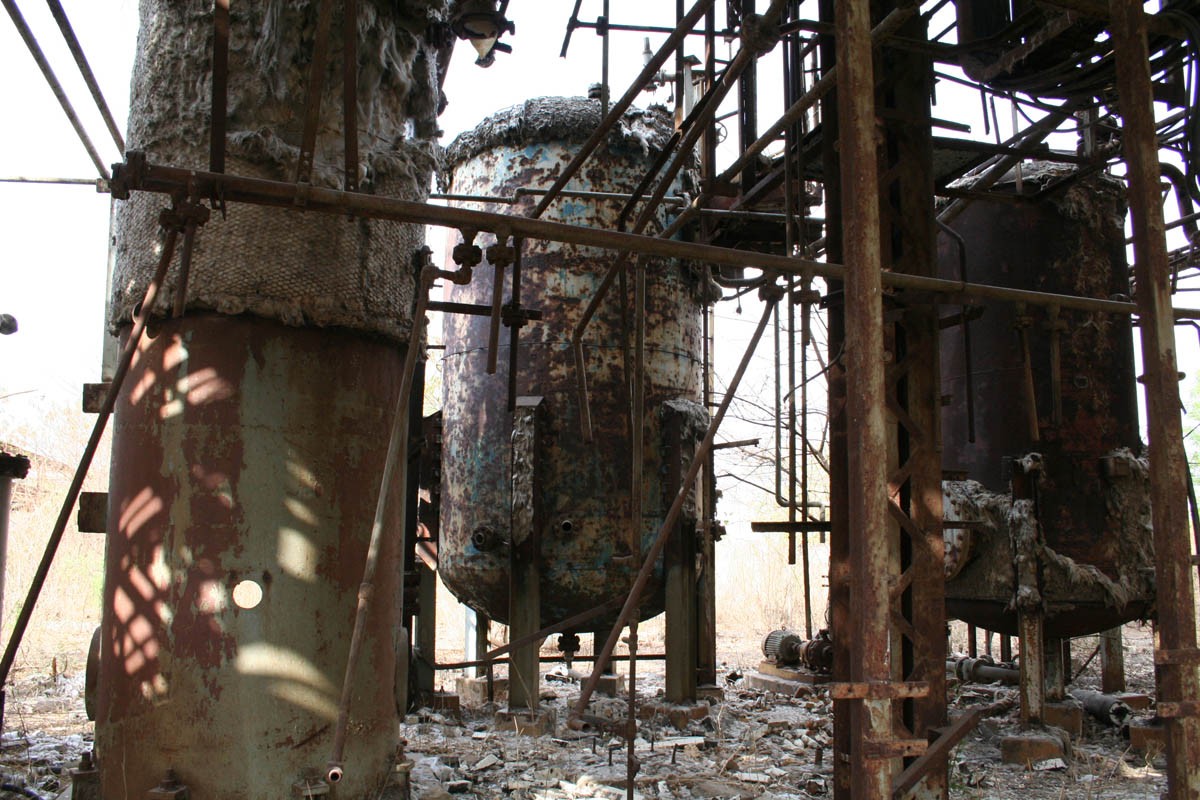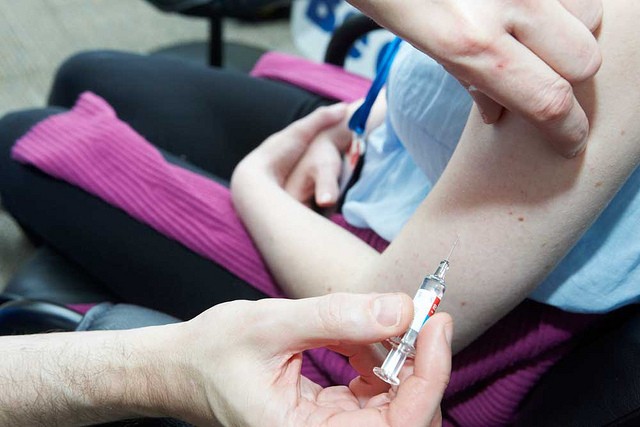
On December 3 1984, more than 40 tons of methyl isocyanate gas leaked from a pesticide plant in Bhopal, India, immediately killing at least 3,800 people and causing significant morbidity and premature death for many thousands more. The company involved in what became the worst industrial accident in history immediately tried to dissociate itself from legal responsibility. Eventually it reached a settlement with the Indian Government through mediation of that country's Supreme Court and accepted moral responsibility. It paid $470 million in compensation, a relatively small amount of based on significant underestimations of the long-term health consequences of exposure and the number of people exposed. The disaster indicated a need for enforceable international standards for environmental safety, preventative strategies to avoid similar accidents and industrial disaster preparedness.
Since the disaster, India has experienced rapid industrialization. While some positive changes in government policy and behavior of a few industries have taken place, major threats to the environment from rapid and poorly regulated industrial growth remain. Widespread environmental degradation with significant adverse human health consequences continues to occur throughout India.
Union Carbide, later bought by Dow Chemical, operated a chemical facility in Bhopal. On December 2nd, 1984 the plant that was not properly maintained leaked a toxic chemical gas. Thousands died. The death toll estimates from the first week range between 7,000 and 15,000. Compensation was paid to the survivors in the amount of $500 for a lifetime of disability or loss because, as Dow spokesperson Kathy Hunt said
You can’t really do more than that, can you? $500 is plenty good for an Indian.
There was also a fine levied against the massive multinational company running the plant. It was in the amount of $100,000 INR. That’s around $2,100 USD, or about one shiny quarter for each person killed due to the company’s negligence. No corporate official ever went to prison. The company continues to operate and generates billions each year.
Meanwhile, in Bhopal the water is still contaminated, the economy …
Public health infrastructure was very weak in Bhopal in 1984. Tap water was available for only a few hours a day and was of very poor quality. With no functioning sewage system, untreated human waste was dumped into two nearby lakes, one a source of drinking water. The city had four major hospitals but there was a shortage of physicians and hospital beds. There was also no mass casualty emergency response system in place in the city. Existing public health infrastructure needs to be taken into account when hazardous industries choose sites for manufacturing plants. Future management of industrial development requires that appropriate resources be devoted to advance planning before any disaster occurs. Communities that do not possess infrastructure and technical expertise to respond adequately to such industrial accidents should not be chosen as sites for hazardous industry.
Please Read Article At NaturalBlaze.com





Leave a Reply